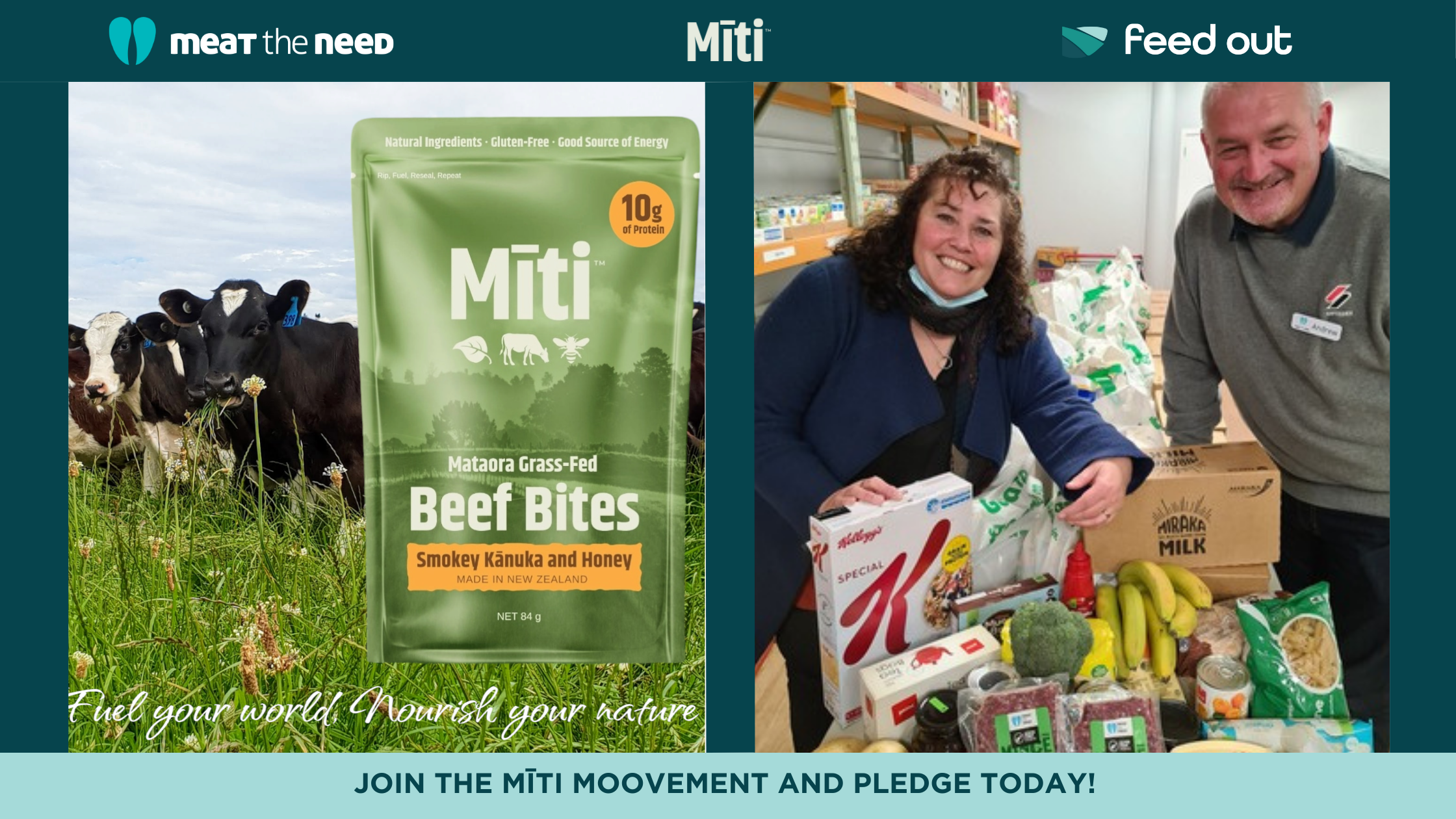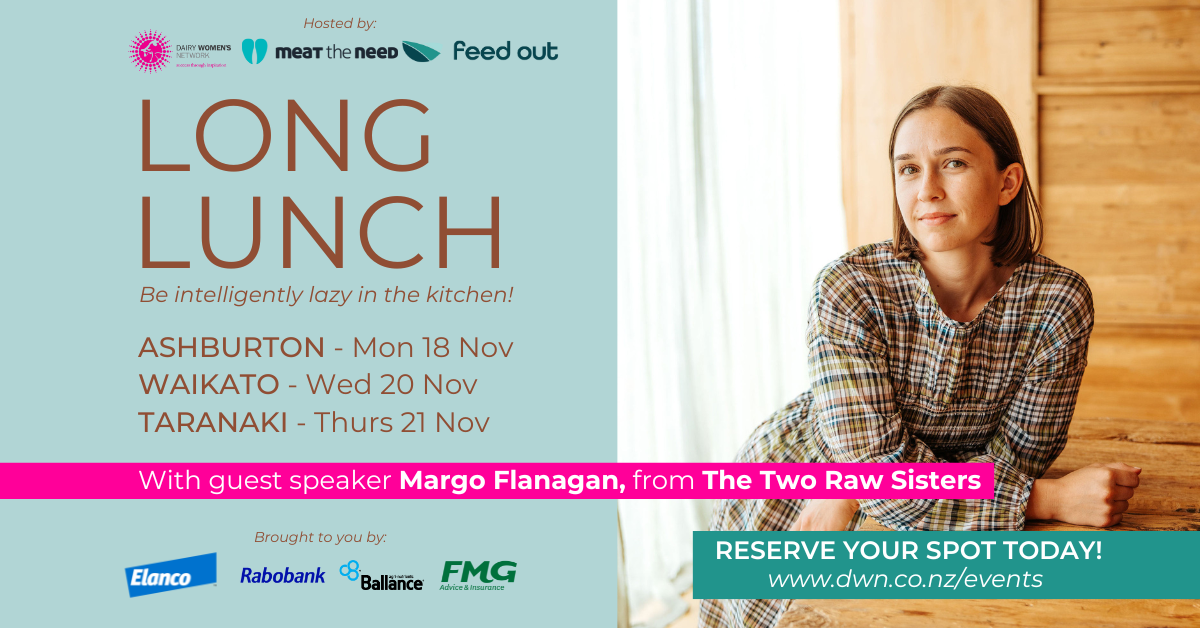Protein desperately needed with "dramatic" increase in demand at Wellington City Mission
A dramatic increase in demand at the Wellington City Mission is driving a plea to help bridge the gap to supply nutritious protein.
Social Supermarket General Manager Jeremy Neeve said they see roughly 130 clients through the door a week, however that’s on the rise and numbers are growing every week.
“We know the cost of groceries generally is going up, we see that reflecting in the number of people coming to us for assistance. The increase we’re noticing is quite dramatic,” he says.
They’re even building a new office and accommodation building which will house a replacement social supermarket to cope with the extra volume.
“Food insecurity and poverty is growing in Wellington and the high cost of rent and living in the city are the main drivers. People don’t have enough money to feed themselves during the week and are getting themselves into debt to try and keep their heads above water,” he says.
Wellington City Mission is one of the organisations that receives support from Meat the Need with donations of 500 gm mince packs, processed by livestock donated from farmers and facilitated by Silver Fern Farmers.
It’s a product Neeve says that is incredibly expensive to buy in and is desperately needed.
“Having that support is absolutely massive, it allows people to have a protein with their meal which is pretty hard to do without the assistance of Meat the Need,” he says.
“Protein is very important, we make food packs so that people can make a pasta dish or give suggestions on what they can do with the mince. It’s really important that they get that protein because they can't have it with every meal, so to be able to get it from a food supplier like Meat the Need is amazing for our people.”
With a broad mix of clients coming through the doors, some may be a once off who have had a massive bill for the week and can’t feed the family and need support.
Others are referred by outside agencies who have done work and discovered the person’s food is going to come up short.
“You really feel for them because they’ve had to come and ask for food to feed their family.”
Neeve vividly remembers one situation where a man was standing in the queue and burst into tears saying he had never been treated so well in his life.
“He couldn’t believe what he was able to get in the supermarket and he had Meat the Need products and pointed it out saying ‘I didn’t think I would be able to get that here’.”
Neeve says that man never came in again, he was a one off client who had a big bill come in that he couldn’t reach.
As The Big Feed live rural telethon gets closer, aiming to raise as many mince and milk meals as possible for food banks across the country, Neeve says he wants to see the whole country get behind and support it.
“I cannot stress enough how important it is for us to get that support and how desperately protein is needed for our people and families. It’s a staple they wouldn’t otherwise get and it’s really, really appreciated by everyone.”
The Social Supermarket runs on a points based system, where clients are allocated a certain number of points based on their family sizes.
They then go into the supermarket and shop for what they need with every product having a points value.
“The main reason we did this was to enhance dignity because people have the choice and that's huge when you're suffering from food insecurity like our people do,” Neeve said.
“We have people walk in and go and just help themselves to anything they want, including in the freezer where there is milk and meat and they’re really blown away by it.”
The Wellington City Mission has its own social workers and financial mentors to wrap around support.
The first and second time someone gets food assistance there are no questions asked.
The third time, support workers sit down and have a chat about why they’re needing the service and where they need assistance, whether it's with housing or debt etc.
“The social workers and financial mentors then assess and work with them so that hopefully one day, they don’t actually need us,” he says.
“We see people every week where they’re not going to make it to the next and we can see from their bills that it’s a really tough financial situation and they might be with us for a while.”
The help and support they provide is making a difference too.
“No one who was coming to us when we first started, is still coming to us now.”



